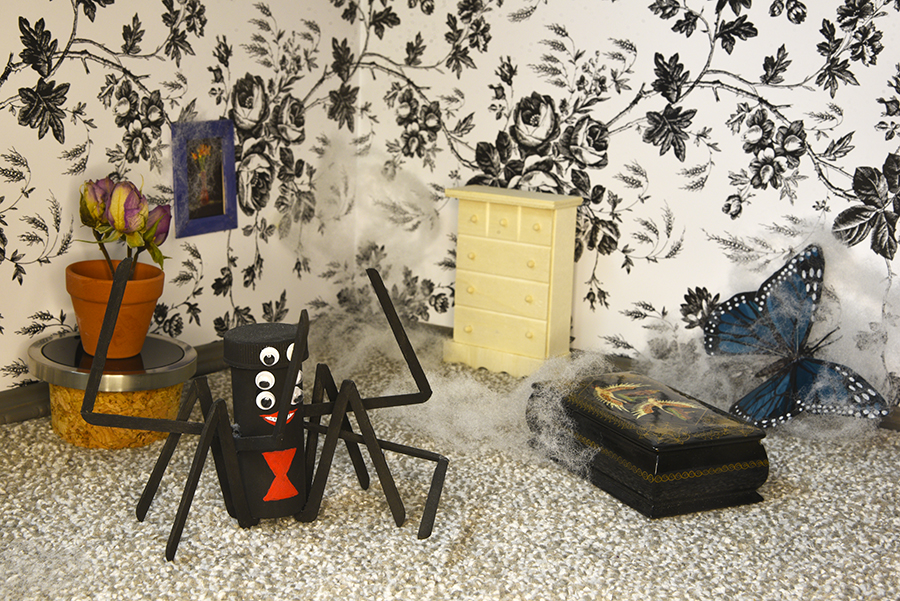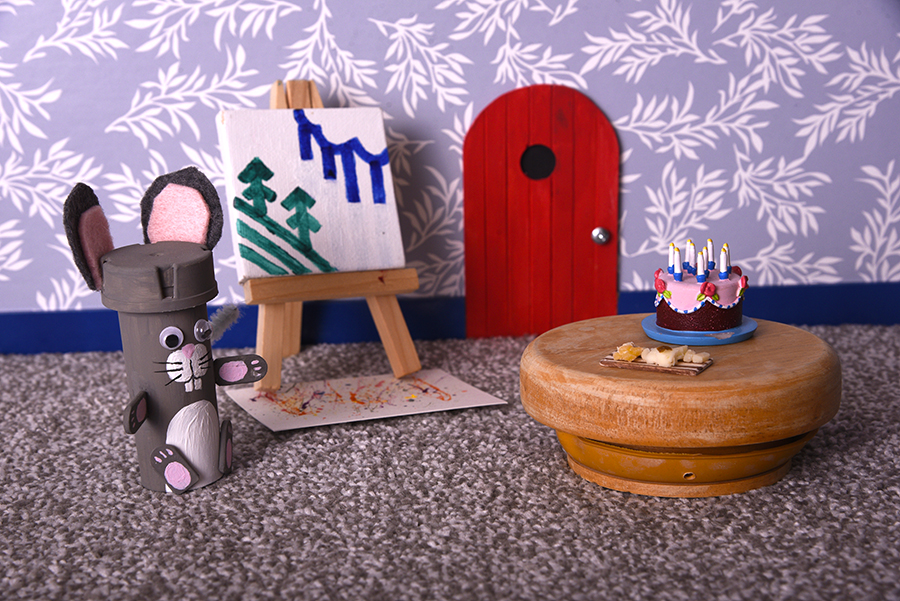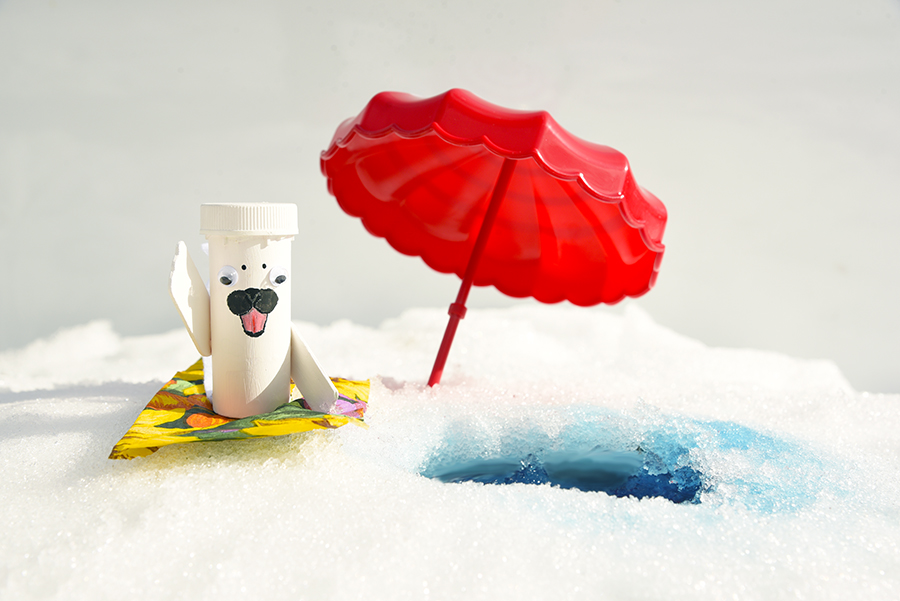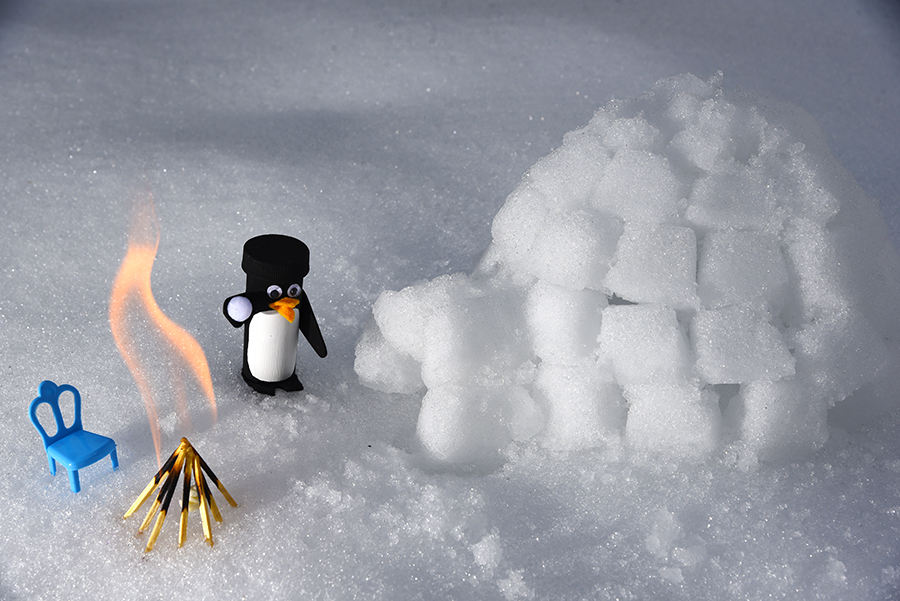
Monday this week was the one year anniversary of Pop’s passing. That has led me to think about him more than usual and perhaps more tenderly than I often do. I feel incredibly fortunate to have had Pop as my dad. I have known many good fathers and numerous amazing father figures in my lifetime, but I don’t think that I could point to one that I think is better than Pop was. That makes me so lucky. As Pop began to lose his cognitive faculties due to the dementia and Alzheimer’s, he never forgot who I was. Many times I have heard stories about how someone with Alzheimer’s doesn’t remember a family member that is talking to them and I imagine that that has to be incredibly heartbreaking. So, in a second way, I was incredibly fortunate.
People say about people that, “He was like a second father to me.” I could name several that I feel that way about, but they aren’t included in the three dads that I have been thinking about this week. Cognitive diseases can do some strange things to people. My grandpa suffered a series of strokes as he got older that took away his ability to communicate clearly. Prior to this I can’t recall a single profane word coming out of his mouth. He became an honorary sailor in the post-stroke season. In retrospect, I suppose that it was his frustration coming out as he tried to communicate to his then young grandchildren or embarrassment from having to be fed by a child. I can’t claim to be an expert on stroke victims so this is all just speculation, but I think that his mind was still working, but the body and parts of the brain were in rebellion. What a terrible thing it must be to not be able to tell your loved ones how much you care. One day after feeding him I was getting ready to go do something else and he reached over and grabbed my arm. I think he just wanted me to stay with him a little longer. As a result of the physical impairments that came from his strokes he wasn’t overly gentle. He didn’t hurt me, but it freaked me out and bolted. In my minds eye and much to my shame, I think he shed a tear. That was the one and only time that I was ever afraid of him.
Growing up Pop could be gruff at times. I don’t think that there is a parent who doesn’t have to lay down the law at times. This was the first of my three dads. This was the dad I called dad. He taught me most of the things I know about day to day life. I knew him for nearly four decades. He was pretty amazing. He was an award winning float builder, scout leader, engineer, craftsman, breadwinner and artist. I remember building pinewood derby cars with him. He was a master with cardboard. He made a bull head (like the two person horse costume) with tubes running through the nostrils that blew “smoke”. The egg drop contest entry that he helped me build was strong enough to stand on (I know I tried it). He was practical and fun and sometimes ornery all rolled up into one. Dad was never overly emotional, and he wasn’t one to verbally express his feelings very often, but I knew he loved me, even if he didn’t say it very often.
Pop was my second dad. I call him my kind dad. This is the Pop that I think most people who knew him in the last few years of his life remember. This was the dad who gave roses to everyone, who gave multiple copies of the same Christmas card from 1989 to everyone at the grocery store, who made new friends with the girls at the beauty salon. He walked to the local senior center until Covid closed them down. He walked through the neighborhood giving away roses (or putting them in his pockets to be laundered at a later time). This was the dad that everybody loved.
After he broke his hip, I got a third dad. He didn’t stop being kind, but I named him for a new characteristic that seemed to come to the forefront at this time. This was grateful dad. I mentioned earlier that Pop had never been verbally expressive but he began in his last few months to be more open with his feelings. I know that he was confused and maybe hurt because we had to put him in a care center. And to be honest, when I had to leave him, even though he was in capable and kind hands, it was a hard thing to do. He was under the care of some phenomenal people, but he wanted to be at home with his family and friends. He told me often how much he loved me, but more than the expressions of love, I remember his words of gratitude. Thanks to me for visiting him. Thanks to the people who took care of him. In similar circumstances, I doubt that I would have reacted from a place of thanks, but Pop did.
I learned some important lessons from each of my dads. I learned how to build and break things from Dad. How to work with tools, what a loving father looked like. From kind dad I learned some lessons (which I’m still trying to implement) about how to treat other people. We come into contact with all sorts of people in our daily life. Kind dad was a friend to all of them, many who you might not expect to be friends with an itinerant octagenarian. And maybe the most important lesson came from grateful dad. Even when life is throwing you the greatest challenges and you have more to be unhappy about than you have to be grateful for, you can always thank the people around you for the things that they do. And you can just be grateful that they are part of your life.
Thanks, dad – all three of you.


